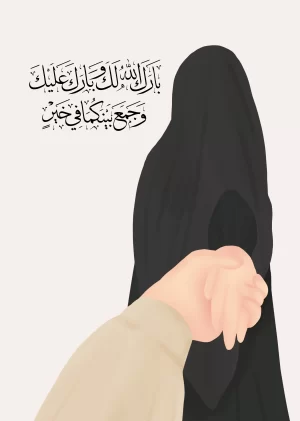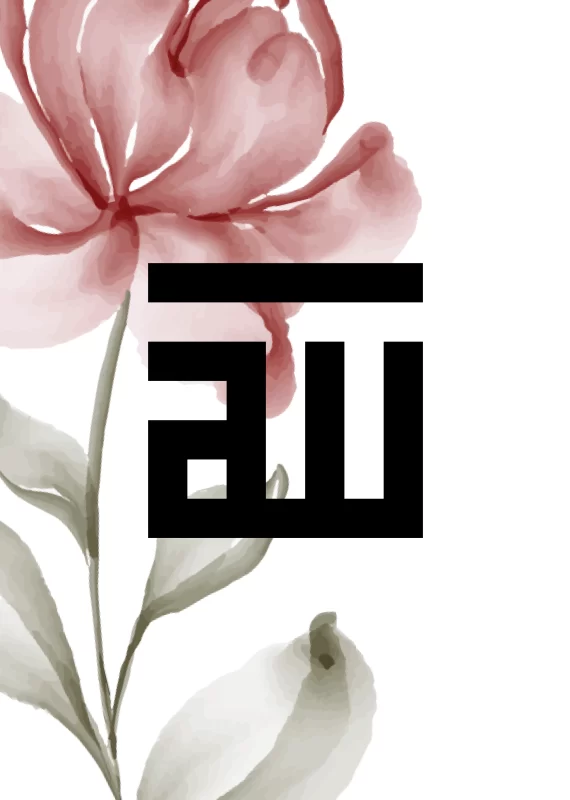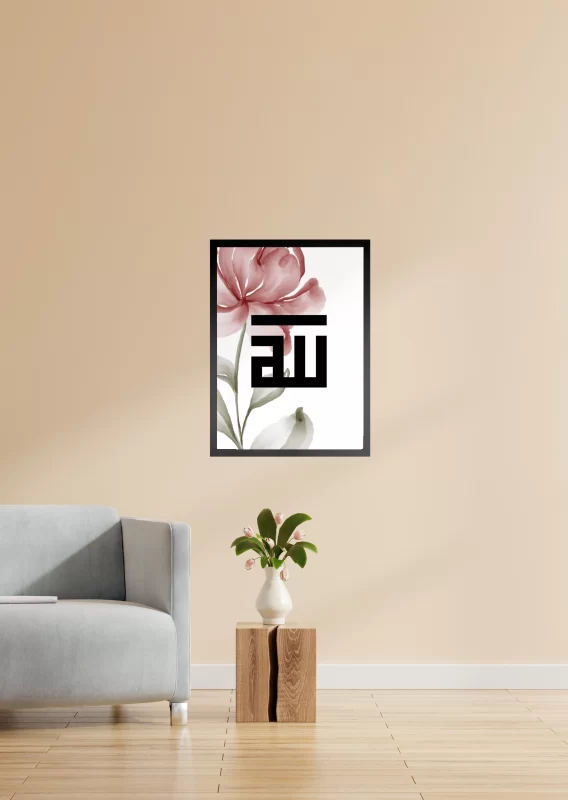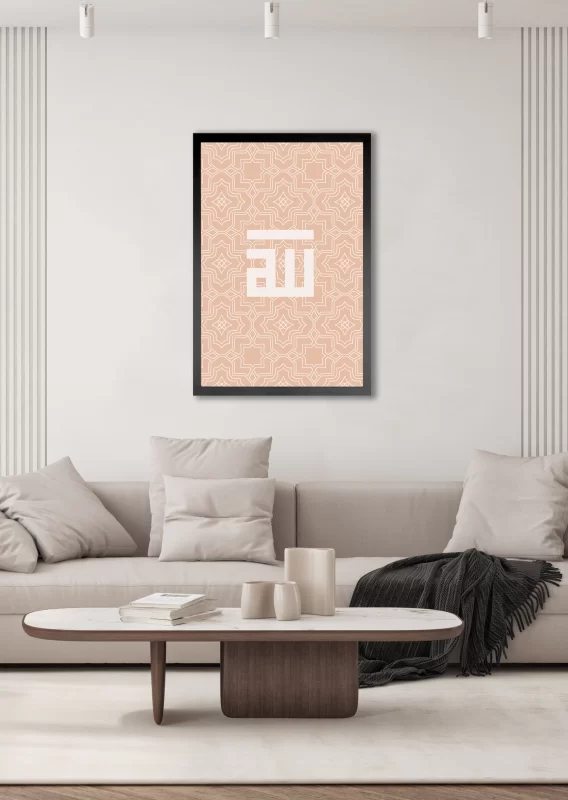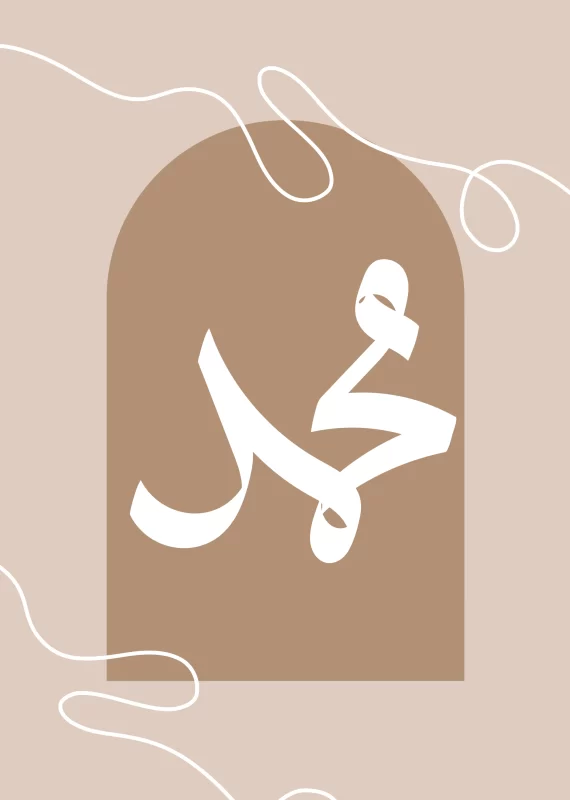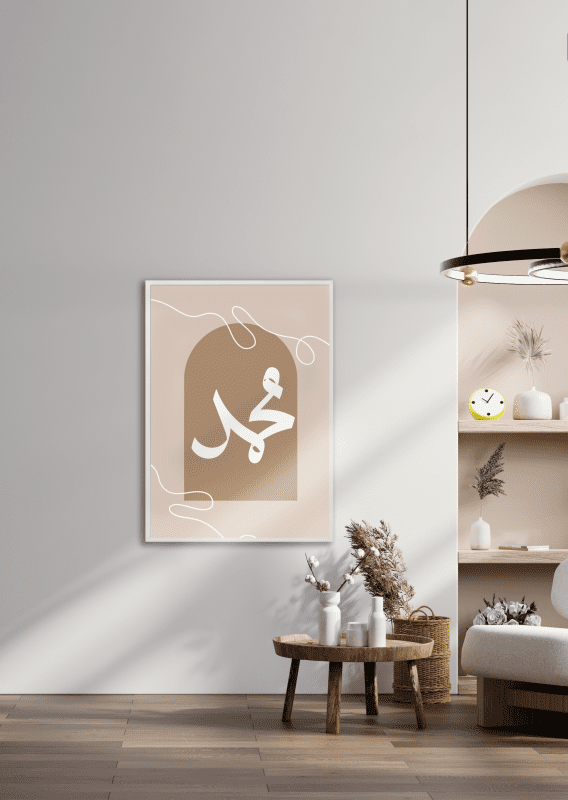Marriage in Islam is a sacred and highly encouraged institution that is considered a cornerstone of the Islamic social structure. It is viewed as a means of fulfilling half of one’s faith and establishing a family based on mutual love, respect, and cooperation. Here are key aspects of marriage in Islam:
1. **Purpose of Marriage:**
– The primary purpose of marriage in Islam is to fulfill the religious and moral responsibilities of individuals, ensure the continuity of the family, and provide a lawful avenue for the fulfillment of human needs and desires.
2. **Mutual Consent:**
– Islam emphasizes the importance of mutual consent in marriage. Both the man and the woman must willingly agree to the marriage contract. Forced marriages are strongly discouraged in Islam.
3. **Islamic Marriage Contract (Nikah):**
– The marriage contract, known as “Nikah,” is a solemn and binding agreement between the bride and groom. It is conducted in the presence of witnesses and an Islamic authority (such as an Imam). The contract outlines the rights and responsibilities of both parties.
4. **Dower (Mahr):**
– The groom is required to provide a gift, known as the “mahr” or dowry, to the bride as part of the marriage contract. This gift is her exclusive property and is intended to demonstrate the husband’s commitment and financial responsibility.
5. **Family Life:**
– Islam places a strong emphasis on the importance of family life. Husbands and wives are expected to treat each other with kindness, respect, and consideration. The Quran describes the marital relationship as one characterized by tranquility, love, and compassion.
6. **Procreation and Upbringing of Children:**
– One of the purposes of marriage in Islam is procreation and the upbringing of children in a nurturing and Islamic environment. Parents are responsible for the spiritual, moral, and educational development of their children.
7. **Monogamy and Polygyny:**
– Islam allows for a man to have up to four wives under specific conditions, but monogamy is generally encouraged. The Quran emphasizes fairness and justice in the treatment of multiple wives.
8. **Marital Harmony and Resolution of Disputes:**
– Islam encourages spouses to live together in harmony and to resolve any disputes amicably. Patience, communication, and mutual understanding are emphasized.
9. **Encouragement of Early Marriage:**
– Islam encourages early marriage when individuals are physically, emotionally, and financially ready. This helps in safeguarding against premarital relationships and maintaining a chaste and morally upright society.
10. **Spiritual Partnership:**
– Marriage in Islam is considered a spiritual partnership, with both spouses working together to attain piety and righteousness. The Prophet Muhammad (peace be upon him) described the husband and wife as garments for each other, providing protection, comfort, and adornment.
Marriage is highly regarded in Islam as a means of fulfilling both individual and collective responsibilities. It is seen as a source of blessing and a means of attaining closeness to Allah through the fulfillment of family duties.
